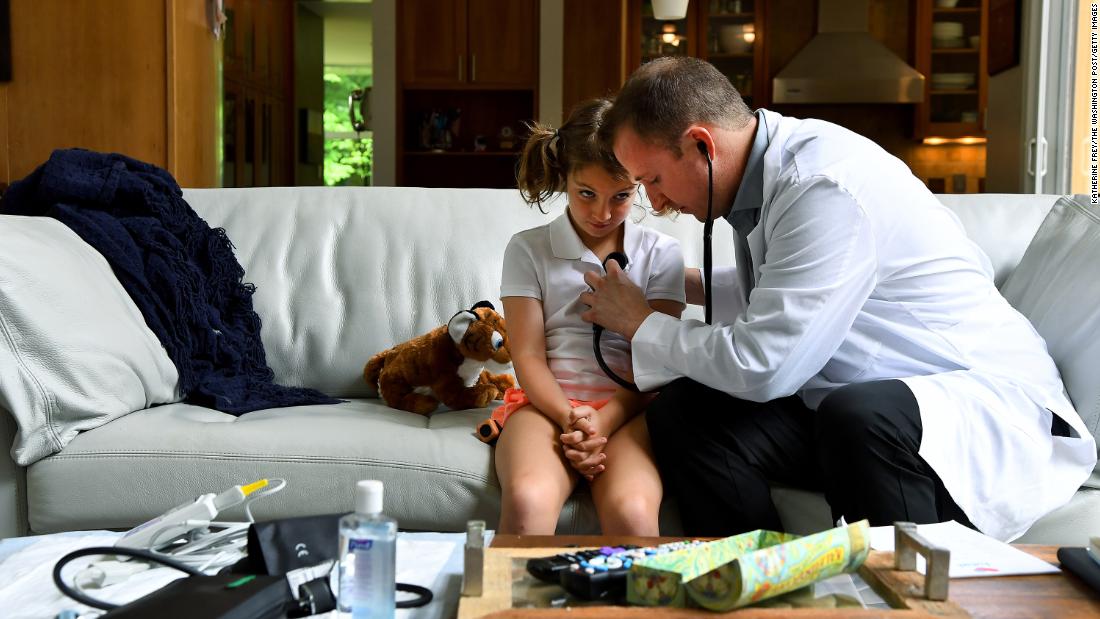A benefit of Doctor on Call in UAE – wide service is that 7DAYS doctors are able to provide assessment and advice rather than having to refer patients to public hospitals.
“The whole ethos of the service is for people not to panic when they don’t know what’s wrong with them,” explains Dr de Bono. “We’re looking at how best we can manage this in a setting where there’s not an emergency room around the corner.”
While other private clinics offer the same level of diagnosis available in hospitals, experts say that 7DAYS Doctor on Call sets out its stall at giving reassurance and peace of mind about minor but worrying ailments and aches and pains.
The second benefit is cost: while people in the UK pay their own way when visiting a doctor’s surgery, in the UAE many health care services are covered by insurance.
“It allows people to ‘self insure’ and not put themselves in debt,” says Dr de Bono. “That might be important because we’re seeing far more Emiratis coming through our door than we did before. They tend to go for things like headaches and stomach aches rather than chest infections or anything requiring hospitalization.” In addition, 7DAYS doctors can access patients’ previous medical records if they have visited other clinics within the group.
Of course, there is also a benefit to being able to call a doctor who speaks your language, especially one that has been trained at British universities.
“I think the service is very good for UAE nationals,” says Dr de Bono. “A lot of people are still concerned that they don’t have a doctor who’s Emirati or Arabic-speaking. This has been overplayed in some ways, but it does make a difference to feel you can speak to your doctor in your own language.”
7DAYS’ business development manager, Andy Warner also believes that the benefit of having a female doctor in Dubai available 24 hours a day makes all the difference when women are calling with problems.
When It Is Necessary To Call Doctor?
“The service is really targeted at self-measurement,” says Dr de Bono. “It’s about when people aren’t sure what to do and don’t want to go to the hospital, for whatever reason.”
“It’s a safety net of sorts,” he adds. “We’re not here to replace the family doctor of the future.”
A common example is children with high temperatures or parents wondering whether they should take sick children to the hospital, while another important use is monitoring pregnant women who may be suffering from minor but worrying symptoms such as headaches.
In both cases, it makes sense not to run up enormous hospital bills without knowing whether it’s necessary or not. And given that many health insurance policies include cover for out-of-hours doctor care, it makes sense to get the opinion of a qualified doctor who is more likely to be available around the clock.
“For Emiratis, in particular, they have an extended family,” says Dr de Bono. “They want someone who’s there at 3 is when their child wakes up with a high temperature.”





